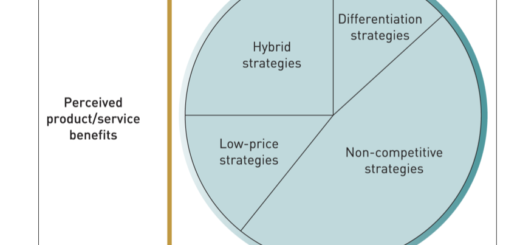Inclusive Leadership
Inclusive Leadership: Positive Action for achieving equality/diversity
Inclusive leadership is an approach to leadership that recognizes, values, and leverages the diverse perspectives, experiences, and backgrounds of all team members. Inclusive leaders foster an environment where everyone feels welcomed, respected, and included, enabling individuals to contribute their best work and reach their full potential. Implementing inclusive leadership processes helps to achieve equality and diversity within an organization.
Here are some key processes and strategies for achieving equality and diversity through inclusive leadership:
- Self-awareness and education: Inclusive leaders need to be aware of their own biases, assumptions, and privileges. They should actively educate themselves about different cultures, backgrounds, and experiences, and seek feedback from others to improve their understanding.
- Open communication: Inclusive leaders encourage open, honest, and respectful communication within their teams. They listen actively, invite different perspectives, and create a safe space for team members to express their thoughts and concerns.
- Active involvement: Inclusive leaders involve all team members in decision-making processes, ensuring that everyone’s voice is heard and valued. They recognize and celebrate the unique contributions of each individual, and leverage the diverse strengths of the team.
- Encouraging diversity and inclusion training: Provide training and workshops for all employees on topics related to diversity, inclusion, and unconscious bias. This helps to create a shared understanding of the importance of diversity and inclusion, and fosters a more inclusive organizational culture.
- Flexible work arrangements: Inclusive leaders support flexible work arrangements that accommodate the diverse needs and preferences of their team members, such as remote work, flexible hours, and job-sharing.
- Mentorship and sponsorship programs: Establish mentorship and sponsorship programs to support the development and advancement of individuals from underrepresented groups. This can help to promote diversity at all levels of the organization.
- Equal opportunities and fair treatment: Ensure that recruitment, promotion, and evaluation processes are transparent, objective, and free from bias. Inclusive leaders actively work to identify and address systemic barriers to equality and diversity within their organizations.
- Creating a culture of inclusion: Inclusive leaders actively work to create a culture where everyone feels valued, respected, and included. This includes promoting diversity and inclusion as organizational values, celebrating diverse backgrounds and experiences, and addressing issues of discrimination and exclusion when they arise.
By implementing these processes and strategies, inclusive leaders can create an environment that fosters equality and diversity, ultimately leading to improved organizational performance, innovation, and employee satisfaction.



